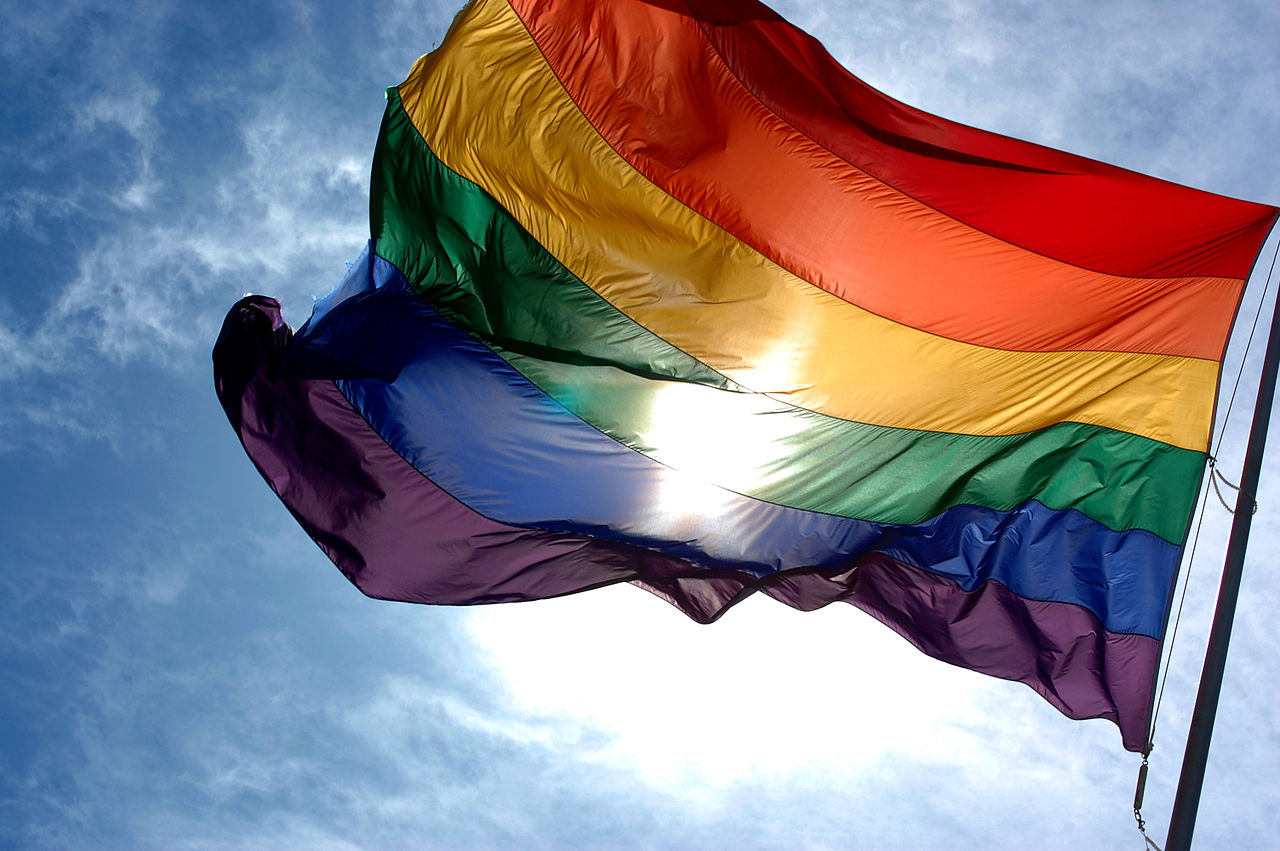Gabrielle Austin and Jessenia Feijo
#TDOV was trending Thursday.
The hash tags stands for International Transgender Day of Visibility.
It’s a day that Susan Gapka, a community and political organizer as well as lobbyist, said shows visibility on social media and how may people are showing their support.
“It shows that the trans community has a lot of momentum, they are gaining public recognition and acceptance. But, we must be remembering that that’s not consistent,” said Gapka.
While the acceptance on social media is large, there are still discussions that happen on a day to day basis that show that not everyone is on the same page.
“What kind of world are you living in? I mean in Canada, I’d like to believe, that we’ve created a kinder society. Historically we’ve been pretty good with that and this is the reason why we did the passing of the human rights amendments. We’ve amended the entire human rights code to include gender identity and gender expression,” said Gapka.
She said the reason why those human rights are important is because a person can’t be denied services.
“Like going to the bank and being denied because “We don’t serve people like you’, or going to the restaurant or applying for housing because ‘We don’t serve people like you’, or going to the doctor and saying ‘Well, we can’t,” Gapka said.
“They have to do their job.”
Kinnon MacKinnon, PhD student in Public Health at University of Toronto who identifies as a queer trans man, said transgender and other gender minority persons regularly experience discrimination, including denial of services, verbal abuse, or forced psychiatric care.
This may deter this population from seeking much needed treatment during times of crisis, he said.
“These barriers are of particular concern given that gender minorities have an elevated risk of experiencing eating disorders, substance use issues, depression, anxiety, and suicidal behaviours,” said MacKinnon who is a former Social Services instructor at Humber College and LGBTQ human rights advocate.
“While trans populations require mental health supports to reduce the severity and duration of psychological distress, and to improve quality of life, psychiatric institutions and clinicians lack the capacity to serve this population,” said MacKinnon.
Christopher Karas, a first year Paralegal Education student at Humber’s North campus, agrees that while the country has made strives for diversity, Canada is still a place of discrimination.
“While we are queer, transgendered, et cetera, we are facing the risk when we step into our doctor’s office. We are asking personal questions about our health. For me personally, it is difficult for me to ask about sexually transmitted diseases,” he said.
Kenny Dawkins, Event and Resource Assistant at Humber College’s LGBTQ Resource Center said he experienced similar feelings when donating blood.
According to the Canadian Blood Services, a man is now eligible to donate blood if it has been at least five years since he last had sex with another man.
“Obviously the whole problem is not about them having sex – it’s about anal sex, they don’t say that they specifically target gay men,” said Dawkins.
Dawkins who is in an open-polyamorous relationship recalls the time he was faced with the numerous questions.
“They had asked me about it , I do have multiple partners because I’m in a open polyamorous relationship we’re both trans and I kind of told them that just because I wanted to give blood and they’re like ‘It doesn’t matter,'” he said.
“Because I wasn’t qualified as a real male so it didn’t count,” Dawkins said.
And that’s not where it ends.
Karas said its is very difficult to speak of mental health.
“It’s not easy. It should be easier,” he said.
Karas said having a job as a medical practitioner is a privileged thing to do and that practitioners are not representing the community they serve by making it difficult for us to speak.
MacKinnon said that at the same time, though, many health care providers have not had access to proper training or education to adequately support trans people.
“Many well-intentioned health care providers are afraid of making a mistake, or saying the wrong thing, or misgendering a trans person. This is why improving training and education on issues related to gender identity and sexuality is so important in all health-related and human services disciplines,” he said.
Trans people, especially those living in cities, are fairly well connected to one another. If a trans person has not directly experienced discrimination from a health care provider, it’s safe to assume a close friend has.
MacKinnon insist that these types of experiences are why people in the community are uncomfortable.
These stories are shared among the trans community through word of mouth, and collectively internalized, he said.
This, in part, forms why so many trans people avoid necessary health care. Or decide not to disclose their history of transitioning, or wishes to transition, or non-binary gender identity – to be assumed as cisgender may be a way of avoiding trans-related discrimination at the hands of health care workers.
“I feel like people just need to be more accepting,” Dawkins said.
“It’s all about intersectionality and everyone has different qualities about them and they just kind of meet somewhere.”

